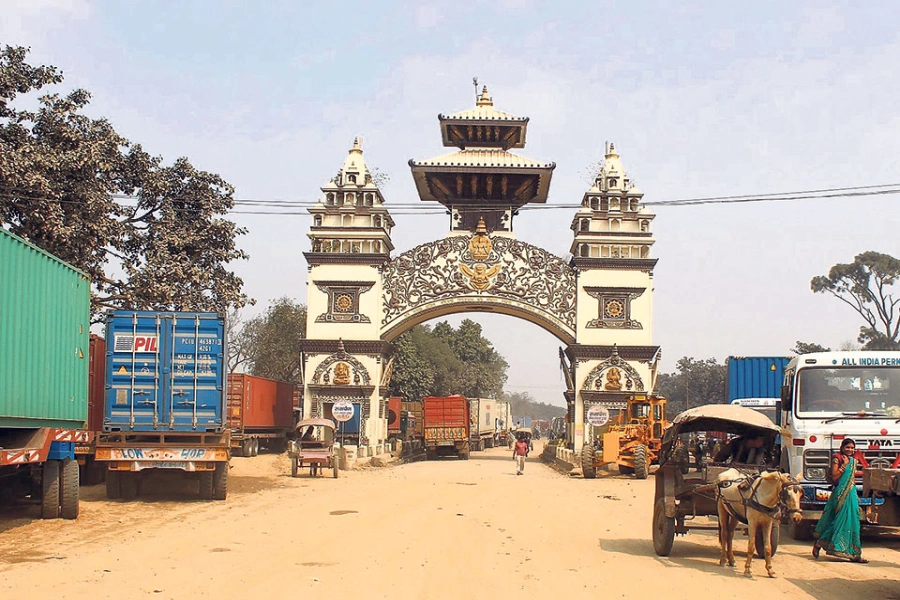The Christian-inspired group "Almighty God" has been accused of spreading doomsday rumours apparently linked to the ancient Mayan Long Count calendar and urging followers to slay the "red dragon" of communism, state media reports said.[break]
Close to 1,000 followers of the sect, which state-run media labels an "evil cult" -- the same description it applies to the banned Falun Gong group -- have been held in a nationwide crackdown that began last week, state-run CCTV reported.
Police detained more than 350 Almighty God members in the southwestern province of Guizhou, while in the northwestern province of Qinghai more than 400 were held for "gathering unlawfully", the Beijing Times reported.
Smaller numbers have been held in other areas across the country.
Almighty God predicts that three days of darkness will begin on Friday, and has called on its members to overthrow China´s ruling Communist Party, which it refers to as "the big red dragon", the state-run Global Times reported.
It has also told believers that a new era presided over by a "female Jesus" has arrived and that tsunamis and earthquakes will rock the world, the Global Times said.
The apocalypse predictions have received widespread coverage in China, thanks in part to the success of the Hollywood disaster film "2012", which was inspired by the supposed Mayan prophecy.
Chinese state-run media have condemned the group in lurid detail, with the China Youth Daily reporting that Almighty God "even uses ´sex communication´, calling on female members to use their sex appeal to seduce single men".
The sect was founded in the early 1990s, but has remained secretive in the face of government intolerance of non-official religious groups.
Group members use pseudonyms such as "Little White Rabbit" or "Doggy" to conceal their identities, and are often not allowed to carry mobile phones or other communication devices, China Business View magazine reported.
China´s Communist Party does not tolerate challenges to its authority and has brutally cracked down on religious groups that refuse to toe the party line, including the Buddhist-inspired Falun Gong, which was banned in the late 1990s.
Authorities were shocked when Falun Gong was able to quietly mass thousands of silent protesters at key symbolic locations including Beijing´s Tiananmen Square and the central leadership compound of Zhongnanhai.
China has a long history of religiously-inspired anti-government movements, most notably the nineteenth century "Taiping Heavenly Kingdom", led by a Christian convert who gathered millions of followers in an attempt to overthrow the emperor.
Earlier this week CCTV quoted police in Qinghai as saying their investigation into the Almighty God sect was related to stability maintenance and would be linked to "our anti-self-immolation fight".
The comment was a reference to nearly 100 Tibetans setting themselves on fire since 2009 in protest at China´s rule of its Tibetan-inhabited regions, which include Qinghai.
Several ex-members of Japan doomsday cult including leader exec...






































